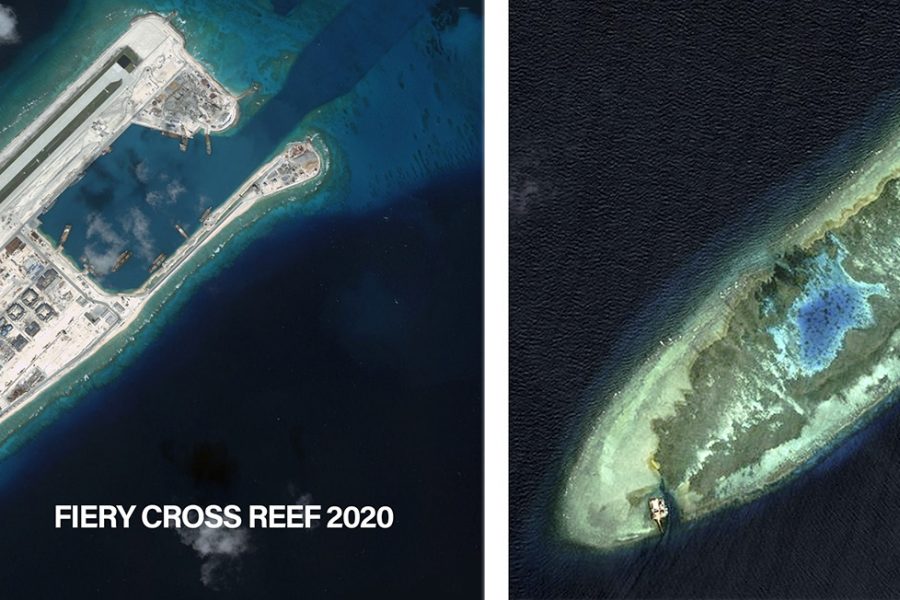As Gen. Charles Q. Brown Jr. prepares to take the helm as the service’s top officer in early August, he already is thinking about how to best position the Air Force for a potential conflict with China.
Brown, who has led Pacific Air Forces since July 2018, told reporters in a June 24 State Department-hosted teleconference he is considering following in the footsteps of the Marine Corps, which recently unveiled a plan to get rid of heavy equipment such as tanks and some artillery to instead focus on light mobility, unmanned systems, and anti-ship missiles as it looks to optimize its force to compete with China in the 2030 time frame.
Brown said he has talked to Marine Corps Commandant Gen. David H. Berger about his plan, and that when he takes over as the next Air Force Chief he is considering doing something “very similar” to push the service forward as it thinks about the Pacific and China.
“That’s something we’ll continue to work on,” Brown said.
China’s military has not only increased its technology, but also dramatically increased its operations, demonstrating intent to put pressure in the region through incursions into neighboring countries’ airspace and announcing a plan to set up an air defense identification zone in international airspace.
Brown said China’s way of thinking and acting has evolved from when he first took command just two years ago.
“It’s not only just the technology as we look at the number of … bombers that we see or … small growth in advanced fighters like their J-20, but it’s how they do their activity,” Brown told reporters. “And I’ll just share with you that as I came into command and I talked to the staff here, very rarely did we see the [People’s Liberation Army Air Force] H-6 bombers fly over water, and now it’s an everyday occurrence.
“It’s not only the capability, but it’s the intent and how they use it. … How do we have a better understanding of what’s going on in the region?” Brown asked.
China, for years, has claimed plans to create an air defense identification zone in the disputed South China Sea, an area where it has already built man-made islands to extend its reach. Brown said if China moves forward with that plan, it would impact all the nations in the region and go against the idea of a free and open Indo-Pacific.
“It’s important for us to pay attention to something like this,” Brown said. “…It really goes against the rules-based international order, and that’s concerning not only for PACAF and the United States, but I would say many of the nations in the region.”
